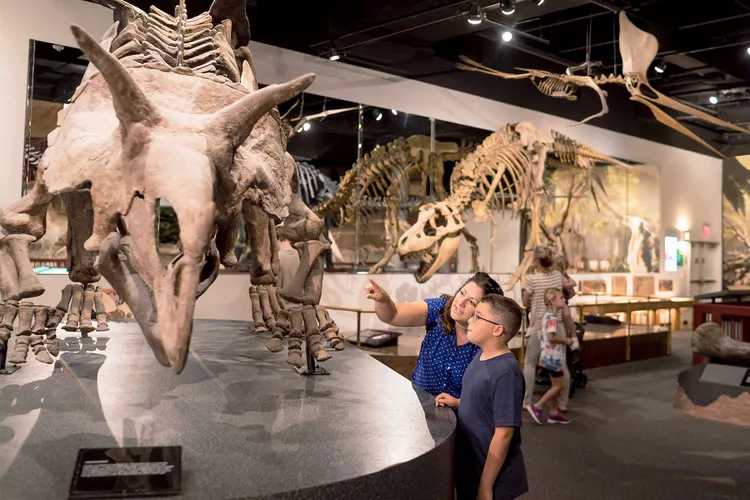Summary
The 2023 Global Vision Awards honorees are pushing for more inclusive journeys for all.
The Global Vision Awards aim to identify and honor companies, individuals, destinations, and organizations taking strides to develop more sustainable and responsible travel products, practices, and experiences. Not only are they demonstrating thought leadership and creative problem-solving, they are taking actionable, quantifiable steps to protect communities and environments around the world. What’s more, they are inspiring their industry colleagues and travelers to do their part.
Accessible travel is essential to providing everyone with opportunities to see the world with ease and independence. According to the World Health Organization, more than one billion people globally experience some form of significant disability — and many, as one honoree advocates below, travel with non-visible neurodivergences. In 2023, we’re applauding innovative approaches that open our world to a greater portion of the population, while also recognizing there is still much work to do. — GoTravelDaily Editors

Hidden Disabilities Sunflower
In 2016, a team at England’s Gatwick Airport began brainstorming with local advocacy groups about ways to help passengers with physical disabilities. However, they quickly realized that thousands of travelers with non-visible disabilities were looking for assistance, too. “Examples can be cognitive, like dementia, or even respiratory, like emphysema,” chief brand officer Annette Cmela explains. “Our aim is for people to be supported throughout their journey.”
The idea grew into Hidden Disabilities Sunflower, a global system comprising more than 180 airports and five airlines in 26 countries. Participating airports opt in to member training and distribute a free, distinctly patterned lanyard to anyone who wishes to alert staff that they may be in need of assistance, from sign language to accessible restrooms. At Heathrow Airport, for example, lanyards are available at the help desks located inside each terminal. Moreover, travelers can order lanyards with personalized ID cards, plus items like wristbands and luggage straps, on the Hidden Disabilities Sunflower website for a small fee.
“If staff see someone wearing a sunflower, they will show kindness and ask if they need help,” Cmela says. “You never know why the person in front of you in line is taking a bit longer.” — Hannah Selinger

Mesa, Arizona
In 2018, while on a family vacation in southern California, Marc Garcia learned just how unprepared the hospitality industry can be when it comes to interacting with travelers who have neurological and developmental conditions — including his then four-year-old son, who has autism. “We’re used to getting awkward stares and hearing muffled whispers,” he said of the general public. “However, on this trip, they were coming from workers at attractions and other hospitality venues.”
Garcia, who is president and CEO of Visit Mesa, the Arizona city’s visitors’ bureau, returned home vowing that the city he represents would do better. Consequently, by the following April, nearly 50 of Mesa’s tourism professionals had become autism certified, which means they completed training from the International Board of Credentialing & Continuing Education Standards. Eventually, Garcia created a citywide initiative that came to include the police, fire, and parks departments. That November, Mesa became the first autism-certified city in the world. Garcia is now helping other cities (including High Point, North Carolina, and Greater Palm Springs, California) receive certification. “I couldn’t do anything about the situation on that trip,” Garcia adds. “But I knew I could do something about it in Mesa.” — Chadner Navarro





